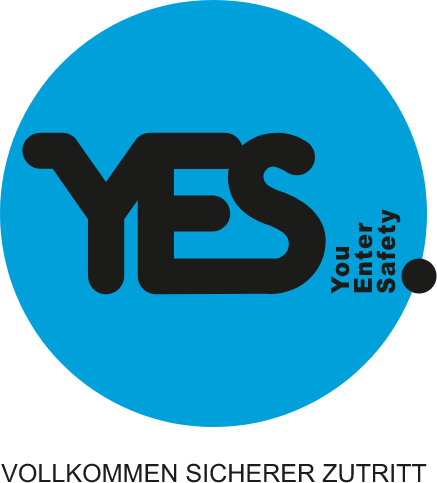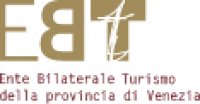Partners
The Bilateral Tourism Board of the province of Venice is a tool which enables carrying out actions pointed out by collective bargaining related to employment, labour market, professional training and qualification The Bilateral Tourism Board is a non-profit organization founded in 1991 by the most representative national trade-unions of employers and employees in the tourism sector. (In Italy the net of Territorial Bilateral Boards has more than 500 “COUNTERS” spread all over the national area and is funded through contractual contributions provided by employers and employees according to measures and conditions set up by the Tourist National Collective Agreement).
The Bilateral Tertiary Association of the province of Venice is a tool created to support the growth of trade, the tertiary sector and services in the Venetian area. It was founded in 1997 by the associations of employers belonging to CONFCOMMERCIO and the trade union organizations of the workers FILCAMS-CGIL, FISASCAT-CISL, UILTUCS-UIL in accordance with the contractual provisions of the C.C.N.L. for employees of companies in the tertiary trade, distribution and services sector.
Head Up is a spin-off of the Ca’ Foscari University of Venice, born and growing within the framework of the Master STePS on “Science and Techniques of Prevention and Safety”. It provides activities of study and research, technological and scientific transfer, training and disclosure of information concerning health and safety, supporting public bodies, institutions, associations and industry.
The BGN (German Social Accident Insurance Institution for the foodstuffs and catering industry) is a branch of the German Social Accident Insurance System and is responsible for the prevention of occupational accidents and diseases, their compensation and rehabilitation. The BGN is responsible for 3,3 millions of insured persons in 360 000 corporate members. We are a statutory corporation supervised by boards with equal representation of both social partners. Our task is the supervision of compliance with the regulations in enterprises and the development of prevention measures for the promotion of occupational safety and health.
The Section is committed to improving safety and health at work in the field of machine and system safety worldwide. We recognize and integrate human factors when addressing assessment of systems regarding safety, security and health at work when using machines, technical systems or plants in manufacturing. The human factor is of high priority. Different project groups work on specific topics while at the same time considering system complexity and interaction between system components. New developments in the human-machine-environment system may create the need for additional project groups.




